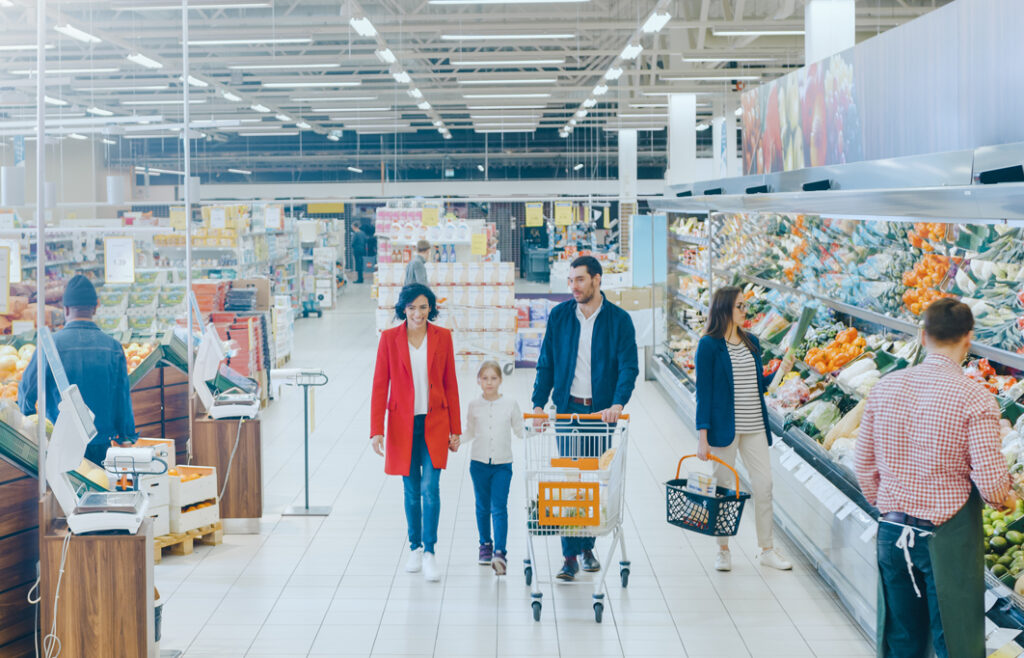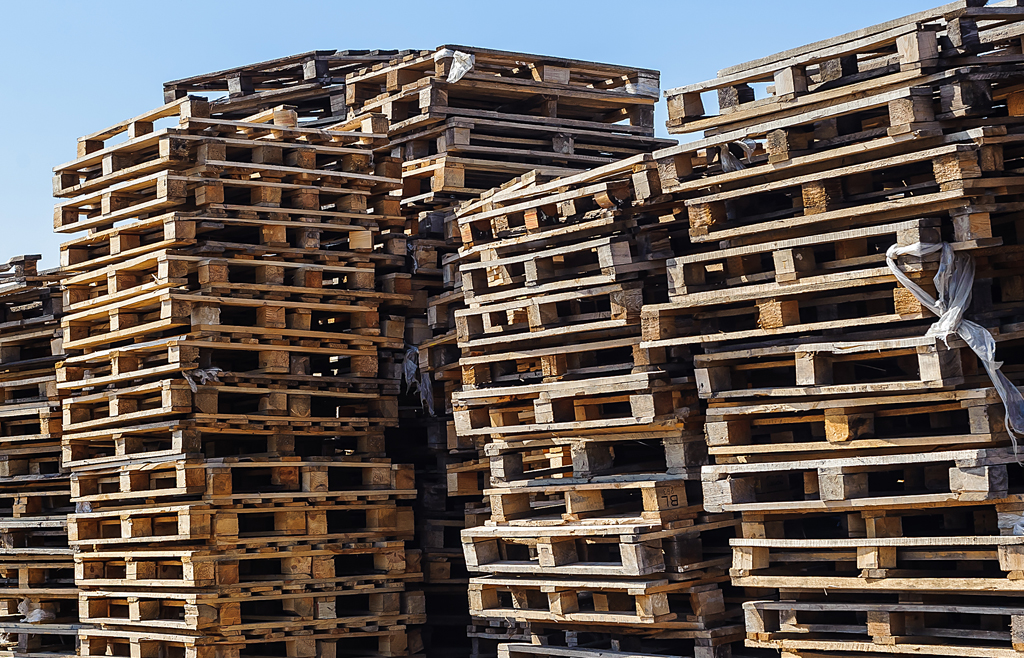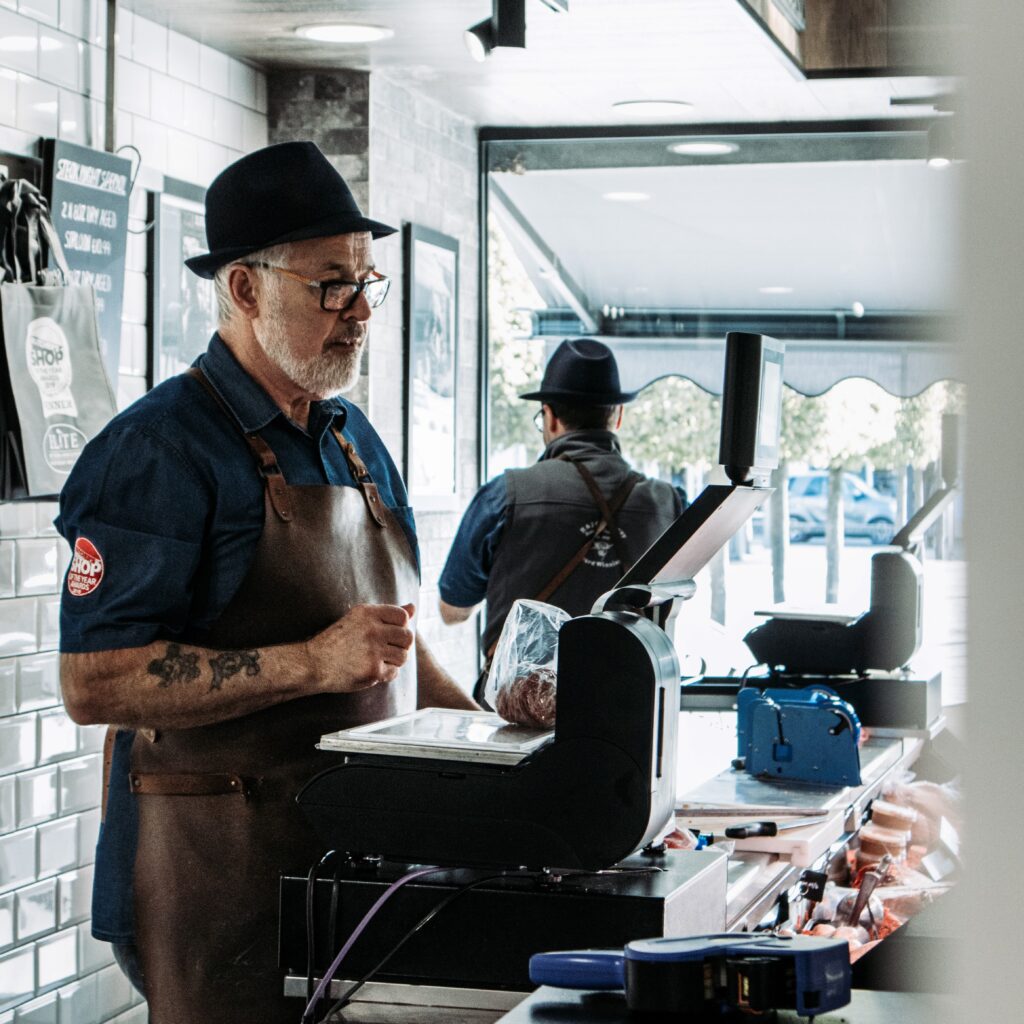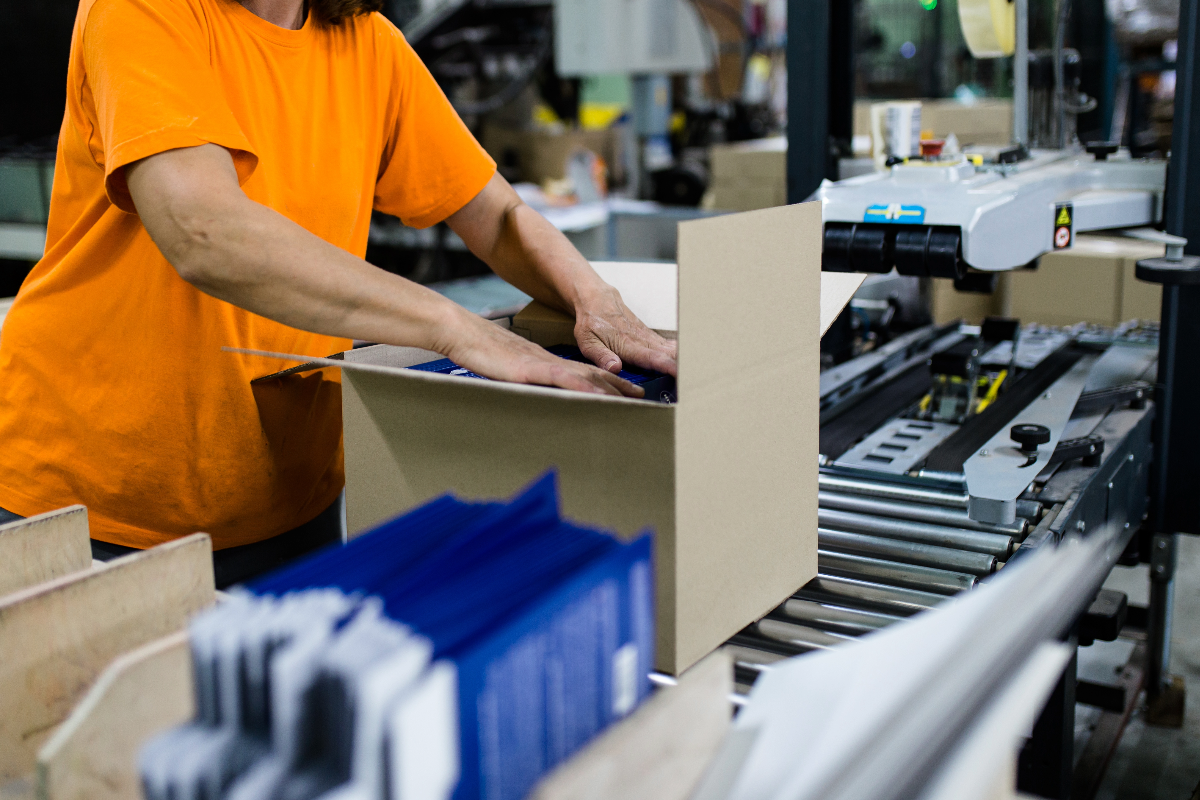BLOG
Retail waste and how to dispose of it

Retail businesses, whatever their size or whatever they sell, whether online or in a shop, face a unique challenge when dealing with their waste. If you have a retail business, the various waste streams generated mean you may have to think smarter to make sure your waste is managed effectively.
Every retail business will generate different streams of waste – packaging; pallets from goods deliveries; food waste; plastics and cardboard could all feature. Larger retail such as supermarkets will generate more pallets and packaging; smaller food outlets may generate more food waste, glass and cans for recycling.
We take a look at different types of retail business waste your business might generate and how to deal with each of them.
Packaging
Packaging waste is a massive issue in the UK and is the main waste stream for most retail outlets and shops. Physical retail outlets and online stores will both have large amounts of packaging waste to dispose of. Global e-commerce sales have increased from $2.3 trillion to $4.88 trillion from 2017 to 2021. As more customers rely on online purchasing and home delivery, the amount of packaging waste has also increased drastically.
According to government guidelines, any material used to preserve, protect, deliver, and present products is considered “packaging”. This includes packaging from raw ingredients to final products sold or marketed. Packaging can include of all kinds of materials: pallets, boxes, bags, wrapping tape, rolls, or tubes (we will discuss some of these different types of waste later). If your retail business uses packaging or packages goods for sale, you may be obligated as a packaging producer and will need to ensure that you register with a compliance scheme so you comply with government regulations and can demonstrate the amount of packaging sent for recycling.
New innovations in packaging mean that there is a move towards using alternative and more sustainable materials that are easier to recycle and use less raw materials – for example making packaging from mushrooms. (read our blog on some other alternatives here).
As a retail business, you have a duty to ensure that your packaging is disposed of properly with recyclable materials treated correctly and separated from general waste. Your waste management supplier will be able to help your retail business make sure that your waste management system is as efficient as possible and compliant with regulations.
Pallets

Pallets used largely for delivery of goods, sometimes cause a headache for businesses. For small retail outlets, where storage of pallets could be an issue or you do not use a large amount, you can find local collection services by checking collectmypallets.com.
Larger amounts can be disposed of through your waste management supplier, or if you have over 50 pallets call us at Flame UK and we can collect, recycle or repair them for you – they can even be turned into additional income for your business.
What happens to your waste pallets once they are collected? This depends on the type and quality of the pallets. Pallets in good repair are sold for reuse, any that need to be repaired can be made good before being put back out into the market. Broken pallets are taken for reuse or recycling – they can be repurposed for a variety of uses.
Reusing and recycling pallets from your retail business is not only simple, but is much more environmentally friendly, helping to minimise the number of trees cut down. It can also bring an additional income to your business.
Cardboard
Carboard is another material heavily used in packaging – both for deliveries to your business and for sending out any online orders.
Of course, consumers will play a part in recycling any cardboard used for packaging delivered to their home, but businesses can do their part to reduce the amount used and make sure that it is able to be recycled easily.
For larger retail, such those receiving large amounts of goods or with warehouses, a baler is a great piece of equipment for reducing the amount of cardboard collections needed. Without taking up too much space, a baler can compact up to four standard bins (1100 litre wheeled bin) of cardboard into a small bale. These are more easily stored, take up less room than bins and mean you can reduce the number of recycling collections needed. Take a look at our baler page for more information.
Plastics
Plastics feature heavily in the retail sector – whether this is in packaging; containers; displays; or carrier bags.
Recycling plastics is a no-brainer, but we really need to be thinking about how we reduce our reliance on plastic – particularly single use items which are causing huge amounts of damage to the environment. Ideally businesses need to be looking to reduce the amount of plastics – for example only using paper bags; not shrink-wrapping products etc. Single-used plastics can cause massive damage to all lives and the environment.
Plastics should be avoided where possible, and if this is unavoidable, should be recycled. Plastic waste, if not properly recycled, typically ends up in landfill. Plastic takes hundreds of years to decompose, and generates and releases greenhouse gases as it does so.
Most plastic can be recycled and should be separated from general waste bins. To help you identify which plastics can be recycled, read our blog here.
General waste
General waste is anything that can’t be recycled, including some plastics, ceramics, wet wipes, polystyrene. Although a lot of items generated by retail businesses will be recyclable, there will inevitably be items that are non-recyclable.
Check with your waste management supplier what happens to your general waste once it’s collected – they should be able to tell you where it goes for processing and what happens to it. At Flame UK we aim to send as little retail waste to landfill as possible.
A bin press or compactor can help with reducing the amount of space your general waste takes up and reduce the number of waste collections you need, hence saving your business money. Have a look at our equipment pages for more detail.

Food waste
Food waste, whilst not relevant to all retailers, can represent a big chunk of the waste generated for supermarkets, greengrocers, and food-sales outlets such as coffee shops.
Despite an overall decrease in food waste of nearly 500,000 tonnes, the amount of food wasted by UK retailers has increased. According to WRAP, despite this significant reduction in food waste, there are still 9.5 million tonnes (Mt) of food waste from homes and companies in the UK. Hospitality, retail and manufacture account for 29% of all food waste in the UK.
Retailers should make as much effort as possible to reduce food waste, which in turn will reduce the amount of resources required to produce it – and that which is produced should be collected separately so it is not sent to landfill.
Food that is sent with general waste often ends up in landfill. Most general waste is incinerated to produce energy – but waste contaminated with food cannot be incinerated, so food itself and any other contaminated waste is sent to landfill. if food waste is sent to landfill, it can give off greenhouse gases as it decomposes and is bad for the environment. Not only this, but including food waste in your general waste can increase the costs of waste handling for your business. General waste can become heavy as a result of including food waste, leading to increased costs for overweight collections or requiring additional collections.
Food waste is recycled in two ways in general: composting and anaerobic digestion. Composting refers to breaking down the food waste, combining it with garden waste, and turning it into soil conditioners to aid the growth of plants and crops. Another way is anaerobic digestion, which entails using microorganisms to decompose food waste. After that, the released methane is collected to produce biogas and provide renewable energy and heat. Read our blog for more information about how food waste is collected and treated.
Need help?
For support with managing your retail waste, contact the team at Flame UK.




